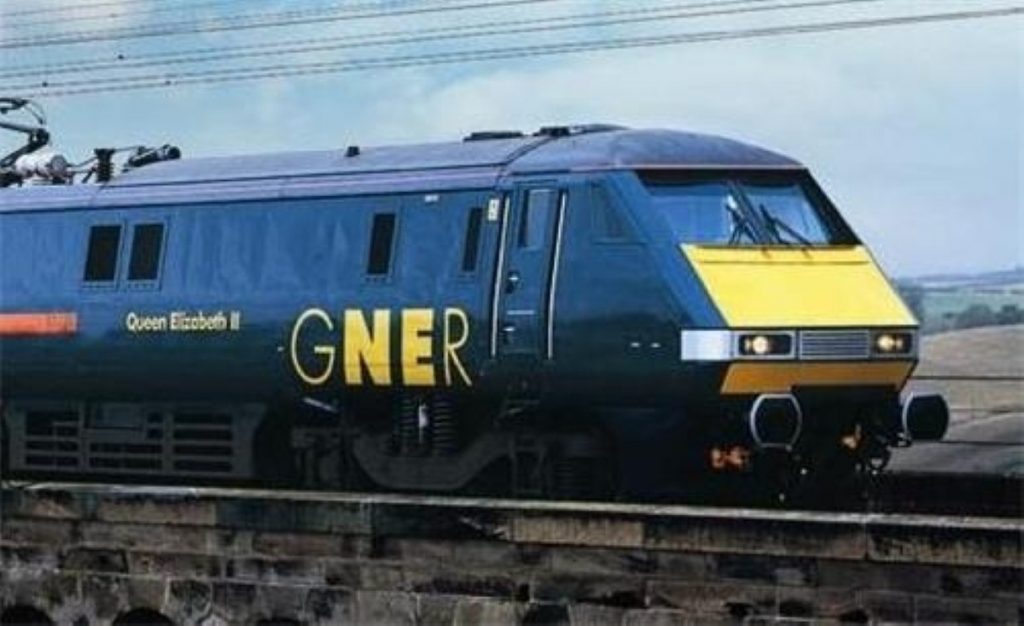More people, more punctual, more complaints
Train service punctuality has improved but passenger complaints have still increased, new figures show.
A report from the Office of Rail Regulation reveals punctuality on the national network this year is 88.5 per cent, an increase of 1.5 per cent on last year.
But complaints have risen to a three year high, and the Conservatives and Liberal Democrats have both highlighted high fares as a cause of passenger anger.
Liberal Democrat transport spokesman Alistair Carmichael said: “The biggest rise in complaints over the last year has been about fares and refunds, which is not surprising given that rail fares continue to be the most expensive in Europe.
Shadow transport secretary Chris Grayling said: “People have the right to feel aggrieved at the service they’re getting. Fares continue to soar while commuters are being crammed in like sardines.”
Rail passenger groups have also criticised rail fares. Anthony Smith, chief executive of Passenger Focus, said: “Passengers will welcome the continued improvement in performance, however this is tarnished by increasing price rises that are fuelling complaints.”


Business and leisure passengers are the most likely to complain with regular commuters the least likely to lodge a formal complaint.
The rail operator GNER had the highest rate of complaints but the biggest increase in complaints was on the ONE network which operates services between East Anglia and London.
Train performance accounted for 36 per cent of complaints but complaints about fare and refunds increased the most and now make up 35 per cent of all complaints.
However, train performance has improved on most services. The most punctual train service was operated by c2c in south east England with 94.5 per cent of trains arriving on time.
The least punctual were First Great Western’s high speed services with 72.7 per cent of trains arriving on time.
Passenger numbers have continued to increase, with growth of 12.9 per cent on long-distance trains.
In London and the south-east, the number of journeys made rose by 5.6 per cent.
Plans to build thousands of new homes in the south-east are expected to further increase rail usage in the region, which already has some of the most crowded trains in the country.
Train company revenue was also up with long-distance operators seeing an average increase of 18.7 per cent.












